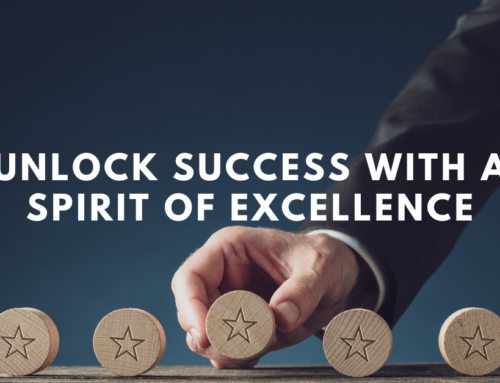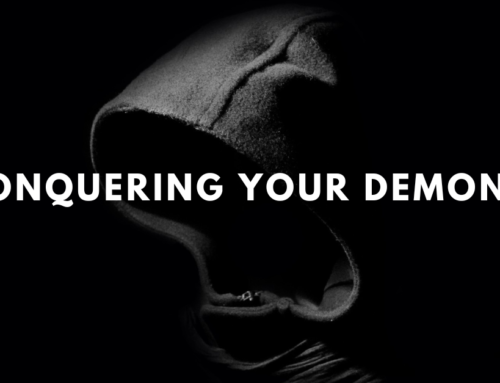If you’re anything like me, you probably read a lot of motivational and self-help books, and listen to similar talks and podcasts. I’m guessing that’s why you’re on this site at all. That said, you might’ve probably experienced one of my pet peeves when listening to motivational talks – listening to a self-proclaimed “expert,” who is, quite frankly, talking out of their butts.
You know the kind of person I’m talking about. Someone who claims to know so much about a particular topic, but their credentials are a little fuzzy, and they don’t have the necessary experience to bring any value to their talks. When you see them, you just know that the word “expert” doesn’t really fit.
But how do you know when someone is an expert? Well, part of it is intuitive. All the great ones have their field attached to them – when we think of Michael Jordan, we think of basketball; when we think of Beyoncé, we think of music; when we think of Jack Ma, we think of entrepreneurship. And the thing that connects all of these experts, and all others together is the concept of market validation.
When the market sees your skill and is willing to bend towards you, that’s how you know you’re considered a reputable voice in your field of expertise or industry. Here are three tangible ways to determine whether or not you have market validation, and by extension, are an expert:
1. Demonstrating Expertise
If people recognise that you’re able to share your knowledge and bring value to the table, that’s one way of knowing the market validates you. In my case, I’ve appeared on international media numerous times to give business insights, and I’ve received many clients through consultation. Knowing these people seek out my opinion tells me that I have the expertise to share.
This could be true for you in anything. If you’re a musician and people pay for your albums or your gigs, then you’re demonstrating expertise. If you’re an athlete, and people pay to watch your games, have lessons or go to your gym, then you’re demonstrating expertise. The same is true for any field. If people think you’re good enough, they’ll ask you to share some of it.
2. Getting Hate

Getting hate is a surefire way to know that you’re doing something right. This might be a painful thing to have to accept, and it’s not always easy to love those who hate you, but think about it this way: no one would try to bring you down if you weren’t already up.
No one has ever achieved anything without making a few people jealous. So, don’t be too affected when someone gives you hate for being on top, because this often means that you’ve established yourself as a go-to source for a certain topic or niche. Don’t be consumed by the negative energy; focus your efforts instead on expanding your reach, leveraging healthy competition, and increasing your authority as an expert in your field.
3. Falling Forward
One of the best ways to know that you’re starting to show your expertise is by results – this includes solving problems and building a successful brand or identity. But there’s one step further, and that’s falling forward.
If you’ve made all the mistakes you can make, and are starting to find success even through your failures or slip-ups, that’s how you know you’re an expert. J.K. Rowling was rejected a bunch of times before Harry Potter was finally published. Leonardo DiCaprio was turning 40 before he won his first Oscar.
Things take time, and you need to be able to make mistakes before you can be sure that you’re finally an expert.
True experts learn wherever they can, and that includes this video made just for you! What REALLY Makes an Expert?
To your success,
Mario
[Visit www.mariosingh.com now to enjoy a FREE e-book of my latest “37 Essential Principles for Massive Success” when you subscribe!]





